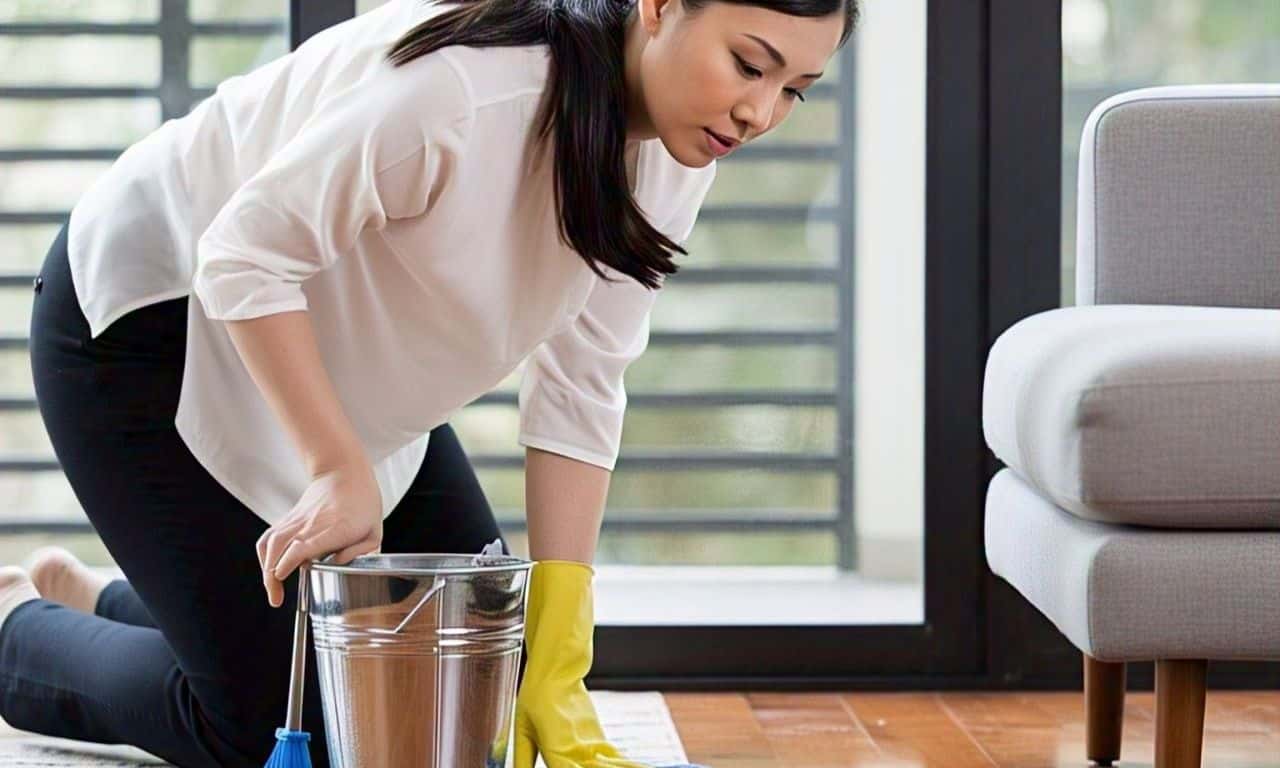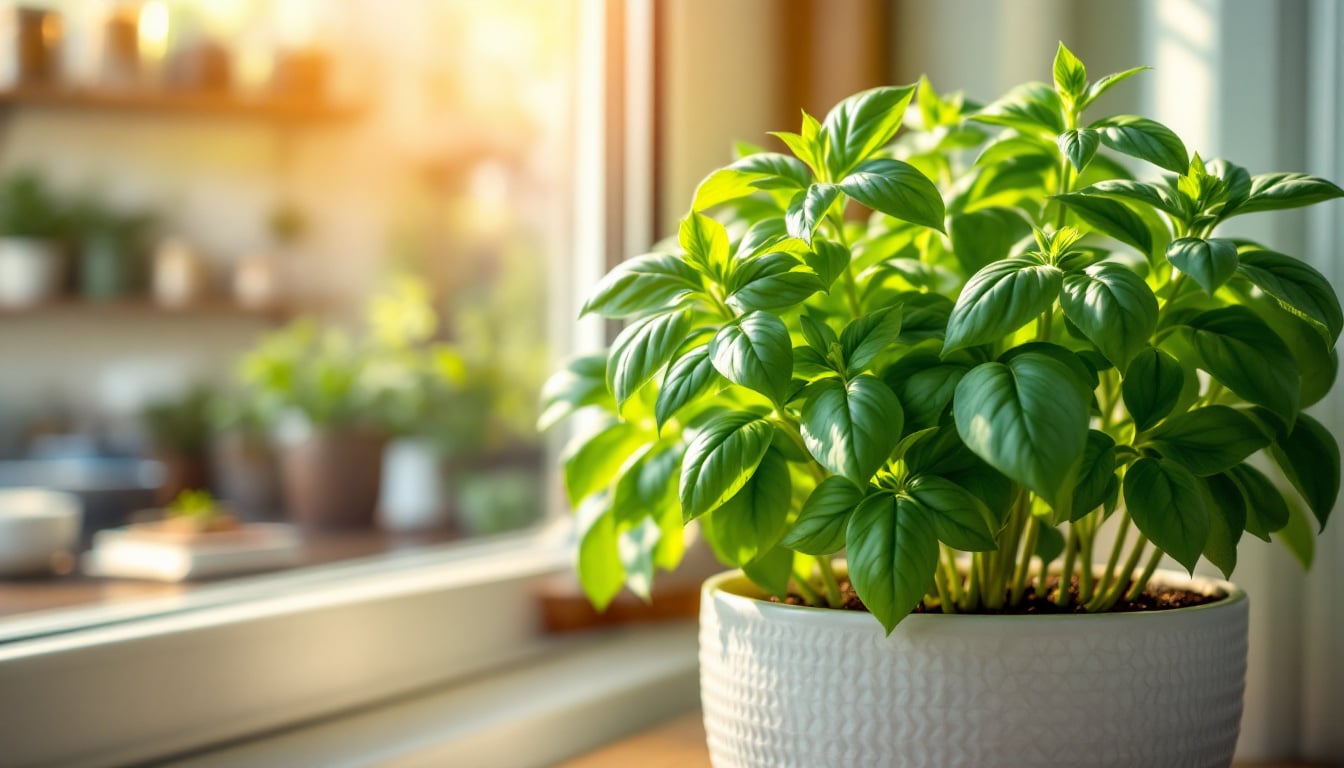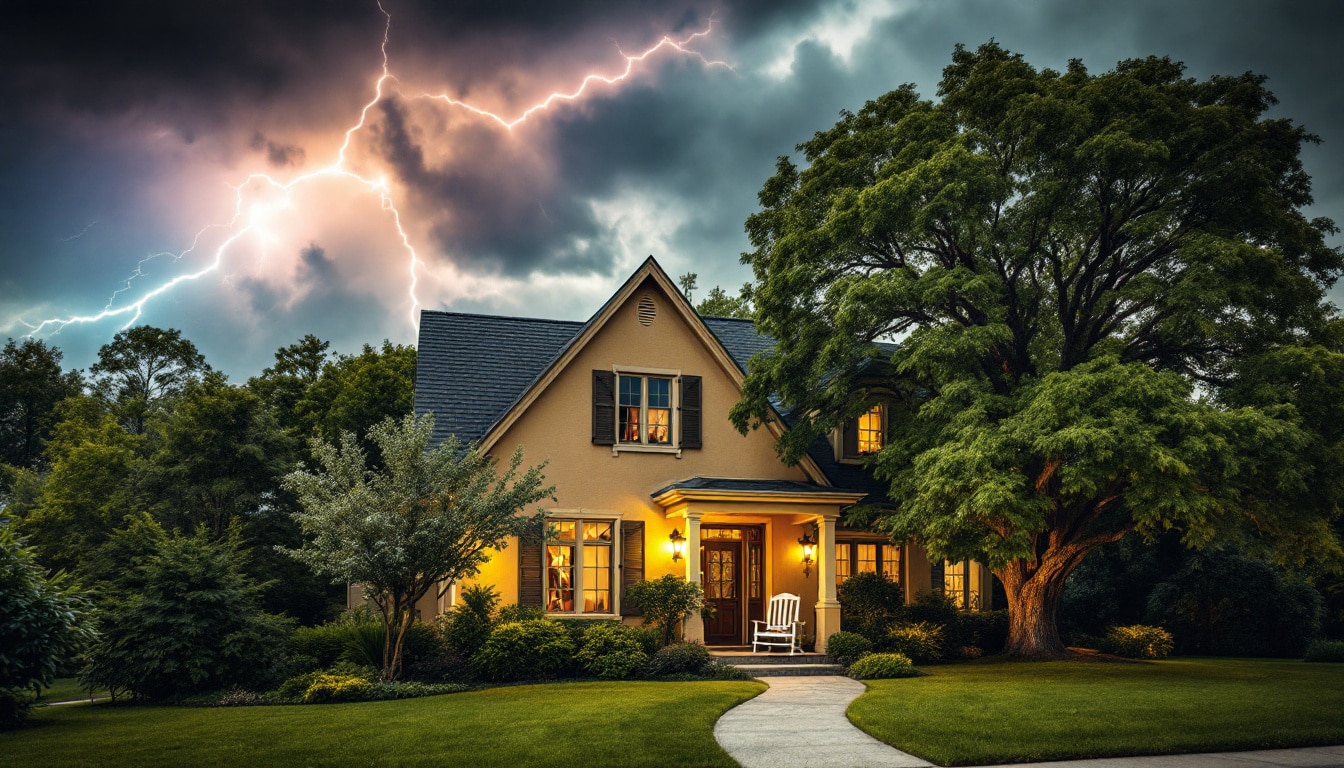Keeping your hardwood floors clean and gleaming is essential for preserving their natural charm and longevity. However, many popular cleaning methods, often thought to be effective, can actually lead to serious damage over time. Misconceptions about what products and techniques to use abound, and falling into these traps can leave beautiful wood surfaces dull, scratched, or even warped. Fortunately, cleaning hardwood floors naturally is not only easy but also the best way to maintain their beauty for decades. This article unveils the most common mistakes to avoid, shares powerful natural cleaning solutions, and explains why even seemingly harmless choices like vinegar could be sabotaging your floors. Read on to discover the real secrets to safe, stunning floors!
Highlights: ✨
Fun Fact: Hardwood floors can last over 100 years if properly maintained — some historic homes still have their original wood floors intact!
Natural secrets that will make your hardwood floors shine
The true secret to keeping hardwood floors beautiful lies in choosing gentle, natural cleaning methods. Using harsh chemicals or abrasive tools can strip away the floor’s finish, damage the delicate surface, and shorten its life dramatically. By switching to simple, eco-friendly techniques, you not only maintain the richness of the wood but also contribute to a healthier home environment. Gentle, regular care helps to bring out the natural glow and resilience of hardwood, making floors a timeless centerpiece of any room.
Check out these life-changing tips for ultimate cleaning efficiency
Why most cleaning methods could be destroying your floors
It’s a common misconception that powerful, aggressive cleaning products guarantee better results. In reality, many widely used solutions, including vinegar and oil-based cleaners, do more harm than good. Vinegar, with its high acidity, can gradually eat away at the protective coating, leaving floors vulnerable to scratches and moisture damage. Similarly, oil-based products may temporarily create a glossy look but often leave behind slippery residues that attract dirt and can lead to accidents. The truth is, the gentler the cleaning method, the longer your hardwood floors will stay in pristine condition.
Common mistakes that could be ruining your hardwood floors
Even well-intentioned cleaning habits can backfire when it comes to hardwood flooring. Here are some of the biggest pitfalls:
- Using too much water: Excessive moisture can seep into the seams, causing warping and swelling that may permanently damage the floor.
- Skipping dusting or sweeping: Dust and grit act like sandpaper underfoot, scratching the surface with every step.
- Choosing abrasive tools: Hard-bristled brushes and rough pads can scratch and wear down the finish faster than regular use ever would.
- Overloading with product: Too much cleaning solution can leave a sticky film that dulls the floor’s natural sheen and attracts more dirt.
Natural cleaning methods that truly work
For a safe and effective way to clean hardwood floors, turn to natural, non-toxic ingredients. One simple trick is using brewed black tea. The tannic acid in tea enhances the color and adds a soft shine without being abrasive. Simply brew two cups of tea, allow it to cool, and lightly mop your floors with a soft cloth. Another option is combining a small amount of olive oil and lemon juice to create a gentle polish that nourishes the wood and revives its luster without making it slippery or damaging the surface.
FAQ
What is the best homemade cleaner for hardwood floors?
A light solution of brewed tea, optionally enhanced with a few drops of olive oil and lemon juice, makes a superb homemade cleaner that both refreshes and protects hardwood surfaces naturally.
Why should I avoid vinegar on my hardwood floors?
Vinegar’s high acidity can break down the protective layer of your flooring, leading to dullness, susceptibility to scratching, and eventual long-term damage.
How often should I clean my hardwood floors?
Frequent light cleaning — like dusting or sweeping several times a week — helps prevent dirt buildup, while a more thorough natural cleaning once or twice a month will keep floors looking their best.
Can I use a steam cleaner on hardwood floors?
Steam cleaners are not recommended for hardwood, as the intense moisture can penetrate into the wood and cause irreversible swelling, warping, or even mold growth.
Give your floors the care they deserve
Hardwood floors are one of the most beautiful and enduring features in any home, but they need the right kind of care to truly shine. By avoiding harsh chemicals, steering clear of common mistakes, and embracing natural, gentle solutions, you can keep your floors stunning for generations. Regular upkeep, paired with mindful cleaning practices, ensures that your home continues to radiate warmth and charm. Be sure to check back soon for more tips and advice on home care, natural living, and creating spaces you’ll love!





